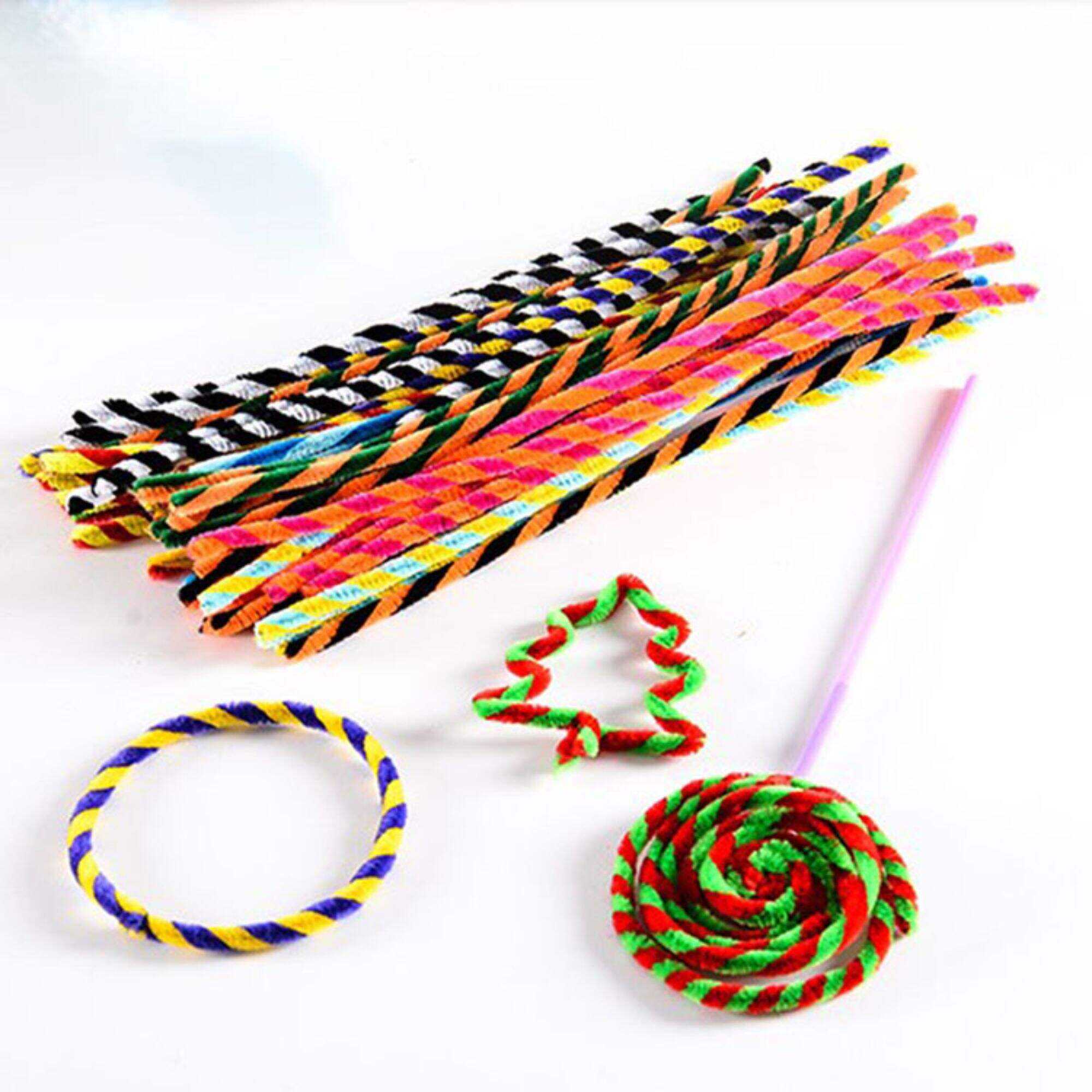With technology now being an important part of kids’ lives, children end up stuck to devices or screens and may not unwell get to learn what they wish. DIY (Do It Yourself) activities are highly suitable for children who are still young because they are so engaging and can prove to be far more advantageous to your child’s overall development than you might think. Below are 7 persuasive arguments why DIY is necessary for your child’s healthy development.
1. Cultivate Self-Confidence
Of even more value is the fun that people get and the satisfaction that is supposed to be derived from the exercises from doing the project single-handedly. The pride which they feel when a child is done making a birdhouse or a unit as simple as a chenille stems or a homemade card increases their self-esteem levels. They get to know that they can produce something that can be useful with their own hands and develop positive attitude to other tasks they are given.
2. Improve Observation Ability
Hobby oriented DIY projects involve observation skills in most cases. For instance, when building something with some pieces of acetate or fitting parts of a puzzle together, kids must watch some details, some patterns, and spatial organization. This might make them more attentive so that they develop good observational skills in their day to day studies. Enhanced observation efficiency is relevant not only to academic activities such as reading or writing but also correlates with practical problem-solving and rich analysis.
3. Exercise Hands-On Skills (Let’s build creative abilities with DIY Wooden Sticks and Pompoms!)
Fine motor skills are important from an early age and the child will develop this while working on wooden stick structures or pompoms structures. These projects enable the child to make an actual measurement of some materials that are to be cut, glued and assembled something that enhances the dexterity of their hand and eye coordination. Also, there are some benefits that support the concept of creativity that is integrated into these projects so that kids could discover new ideas or solutions that could be used to solve different problems.
4. Enhance Focus and Patience
The utilization of these kinds of activities is very useful nowadays to develop the feeling of focus and patience in children. Such activity as wooden stick building can take a lot of time and effort, and involve more time-consuming and sometimes a person’s focused effort and accurate actions. Through these projects, it is clear that children are able to find out how effective it is to be committed and consistent. They learn that are some activities that cannot be hurried and that patience is needed coupled with very hard work in order to get the right results.
5. Develop Strategies to Strengthen and Support Learning
Doing so can greatly enhance intellectual growth since a child’s brain is engrossed in several processes. As children work through a project they develop their logical thinking and strategic planning abilities as well as problem solving. Such activities can also teach basic principles of geometry, physics, and engineering helping thus to make learning efficient and fun. In the process, the student are learning with their brains being exercised as they follow different tasks and come up with solutions to different problems.
6. Develop Communication Skills and Values
Many DIY projects for children are built upon teamwork one way or another- either under parent or teacher’s supervision or together with other children. Such interaction enhances on communication development since children develop speaking, asking questions and listening to directions. Also, DIY crafts can also be used to pass and learn different culture and traditions. For example, making craft work, that is typical for the traditional decoration of a Thanksgiving table or a scrap book containing family recipes may help to explain the meaning of holidays and family traditions to a child and thus enhance his/her cultural capital.
7. Cultivate the Relationship Between Parents and Children
Last but not least, do it yourself projects are almost a perfect way of developing and enhancing the existing parent child relationship. Collaboration on a deliverable can augur well in helping foster endearing memories and create communications channels that are meaningful. It makes it easier for parents to direct their children and offer them moral support in a learning environment. The treatments are so geared towards improving not only the parent-child relationship, but are also helpful in developing communal care, trust and securities.
Finally, DIY activities give various possibilities for child’s development, which focuses on child’s emotions, cognition, body and interpersonal aspect as well. If you make DIY projects part of your child’s timetable you will be giving him or her skills and experiences that will be valuable in the long term. The next time that you consider how to keep your child happily occupied, just remind yourself of these seven powerful arguments in favour of DIY for your child. Teach children to do things which will first of all, encourage their creativity and /or crafts; second, which main be helpful to them in various sphere of live.
Table of Contents
- 1. Cultivate Self-Confidence
- 2. Improve Observation Ability
- 3. Exercise Hands-On Skills (Let’s build creative abilities with DIY Wooden Sticks and Pompoms!)
- 4. Enhance Focus and Patience
- 5. Develop Strategies to Strengthen and Support Learning
- 6. Develop Communication Skills and Values
- 7. Cultivate the Relationship Between Parents and Children

 EN
EN
 AR
AR
 BG
BG
 HR
HR
 CS
CS
 DA
DA
 NL
NL
 FI
FI
 FR
FR
 DE
DE
 EL
EL
 IT
IT
 JA
JA
 KO
KO
 NO
NO
 PL
PL
 PT
PT
 RO
RO
 RU
RU
 ES
ES
 SV
SV
 TL
TL
 SR
SR
 SK
SK
 UK
UK
 VI
VI
 HU
HU
 TH
TH
 TR
TR
 FA
FA
 MS
MS
 GA
GA
 BE
BE
 AZ
AZ
 LO
LO
 LA
LA
 MN
MN
 NE
NE
 MY
MY
 UZ
UZ


